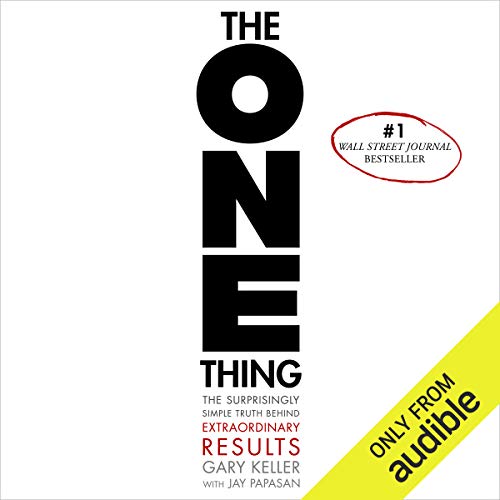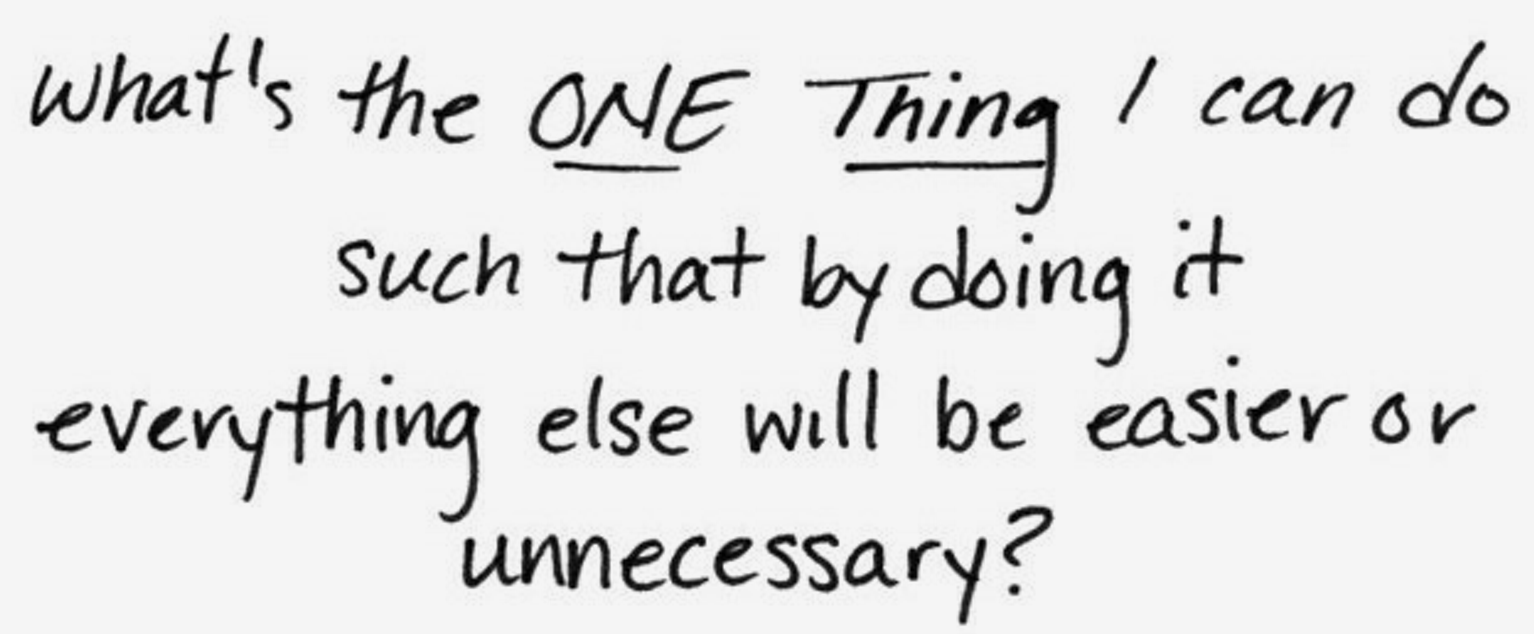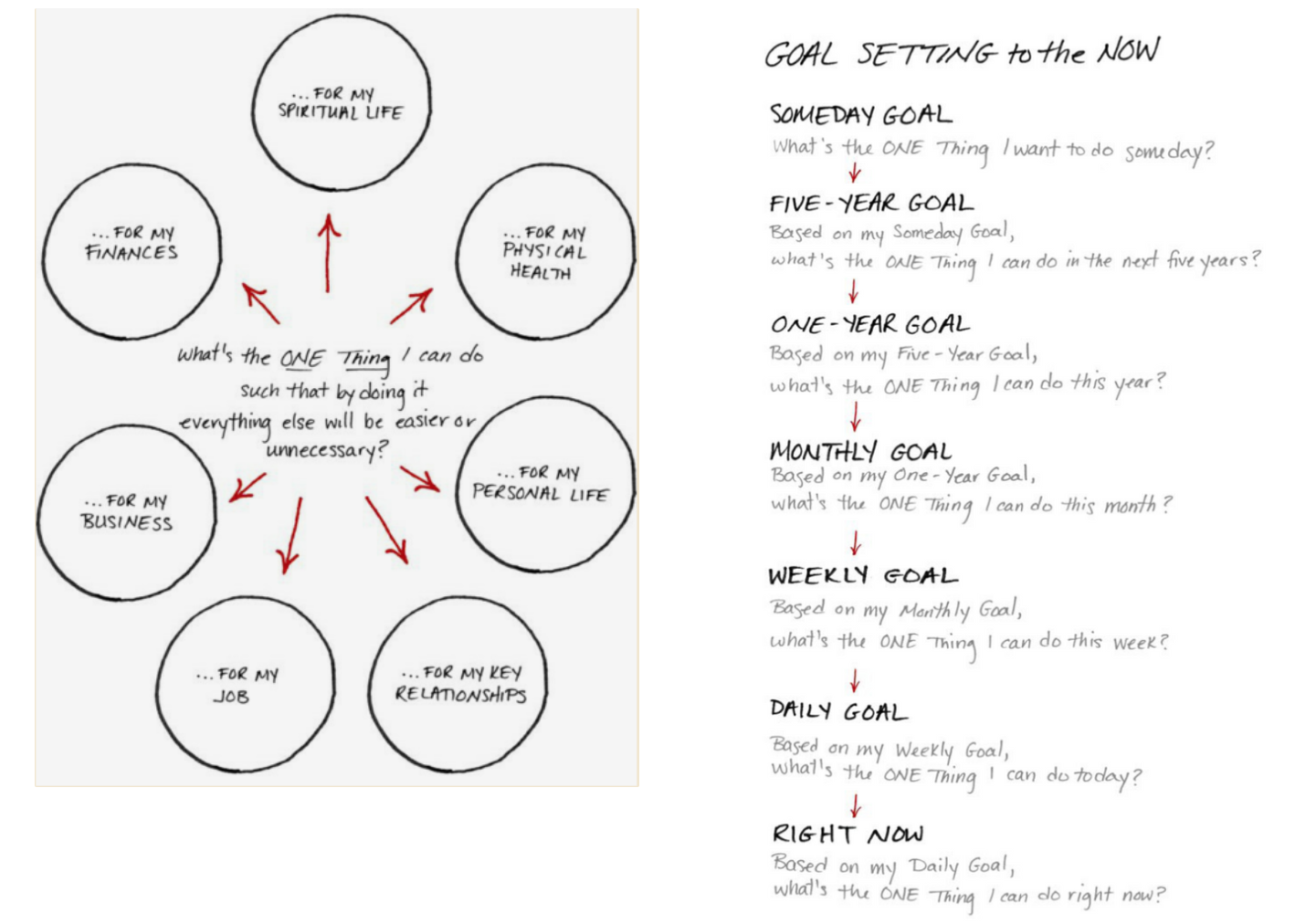It was the winter of 2015. The weather was depressing and I was on the brink of exhaustion. For weeks, the rain and snow took turn daily with no signs of letting up. Meanwhile, I was working around the clock, stuck with late hours and also early mornings. As endless as the gloomy sky was my piles of work. And on top of that, I had a long list of unhappy customers I needed to email.
As per usual, my solution was to work harder and more. I needed to persevere. But despite my strongest will, it was simply hopeless. By the rate I was going, two things were certain : I was drowning in more work and my blood pressure was sky-high due to stress.
After years and years of working on the project, I had finally reached my limit. Close to mental breakdown, I decided to take one week off to blow off steam. I figured, what’s another week of unhappy clients if they’re already unhappy anyway? So instead of working myself silly, I grabbed my stuff and took a solo road trip through Freeway 5 up to Canada.

It was into the second day of my impromptu vacation when my car needed a refill. Ten minutes later, I pulled up into a gas station in Kelowna - a quaint town just outside Vancouver, BC. I went inside the store to pay for the gas, when I realized there was a long line of people doing the same.

Begrudgingly I went to the end of the queue. Right beside where I stood was a bookshelf, strategically placed to entice the people waiting in line. One particular cover stood out and got me interested. It was The One Thing by Gary Keller.
As an avid reader, I bought it with no second thought or any specific intention of reading it. I threw the book to the back of my car, continued driving and mostly forgot about it.
It was not until I returned home that I started reading and I was immediately hooked. Right off the first chapter, I found that it spoke to my problems and frustrations on so many levels. It’s such a page-turner that I finished reading cover to cover during one weekend.
When Less is More
To understand the book, simply look at the title “ The One Thing”. Notice the singular concept here?
Here’s the thing : We typically narrow our focus down to one particular area for the biggest chance of success. When your focus is all over the places, chances are your success rate won’t be as high.
The point is, by focusing or cutting down we can accomplish more. We have only so much time and energy on our hands. So contrary to the hustle culture, more does not necessarily equate more. Achievement can start by actually subtracting, not adding or piling on more.
To bring home the impact of The One, you also need to understand the Concept of Compounding. In investment, it’s the process of generating interest on an asset's reinvested earnings. It’s when you get a number and increase it over and over by reinvesting it. Your asset continues to grow productively as it sequentially builds over time.
This is an illustration to how when sometimes in the act of staying focus at ONE task, you are still heading to the right direction. The key is to eliminate distractions and to be diligent with what works to ultimately achieve collective success.
Challenge Your Beliefs
The problem with human mindset is we tend to act on what we believe, even when what we believe isn’t anything we should. We carry with us many mistruths so often and commonly expressed as facts labelled under “common beliefs”.
“It ain’t what you don’t know that gets you into trouble. It’s what you know for sure that just ain’t so.” —Mark Twain
These common beliefs can become a part of our mindset or inner system, so much that we’re bogged down and lose focus. Consequently, our logics are muddle, our actions misguided and our success is sidetracked. While in reality, we all know that life’s too short to take others’ words for our own success.
In the book, the author calls on us to challenge some of the common beliefs below:

Everything Matters Equally.
This is a trap! When we give equal importance to everything; the outcomes don’t get factored in as they should. Instead, the Pareto Principle of 80:20 asserts that 80% of your outcomes result from 20% of all causes or your work.
Multitasking makes your work faster.
Rarely will you find a multitasker who excels at all the tasks at once. On the contrary, someone who focuses on one thing at a time will have better chance of more efficiency and accuracy.
A disciplined life lead to success.
When we view life as a marathon, we tend to push hard on ourselves. But what if instead of a marathon, life is chapters of sprints. When you stop for rest before the next sprint, you’ll attain the energy for more. After all, we’re not machines- why live like one?
Willpower Is Always on Will-Call.
Ah! Isn’t it nice to have trained enough willpower that you can summon it like an on-off switch button? That’s baloney. Instead a switch, willpower is more like a fast-twitch muscle that gets tired and needs rest. It’s incredibly powerful, but it has no endurance.
The One Thing and How to put them into Practice
Focus on one thing and challenge common beliefs, those are the two starting points that I personally found very helpful in mindset shift. To apply those ideas, begin with an inquisitive approach.
Consider this : there is no correct answer to the wrong question. The question is more important than the answer itself.
So, always start with the right question instead of scrabbling for answers. Reframe the question to one that can help you focus on what’s important towards your goal and success.
Rather than jumping to find answers or solutions, ask yourself this:

Once you have an answer to the question above, start applying it diligently and over time. Through the concept of compounding, your success rate expands larger and larger as time spans.
You can also create a list to identify the ONE thing you need to do in different aspects of your life, and then actually do each one consistently. This will be a hell lot easier than going aimlessly at different directions all at once in hope to achieve your goals.

To give you more examples:
If your goal is to be less distracted → Create a time block
Want to avoid breakout → Plan a break regularly
Problem with not enough revenue → Fire bad customers, keep only good customers and focus on them.
Key Takeaways
In many ways, the book taught me how to question everything, cut through the noise and finally focus on myself and the things that truly matter. Suffice to say, I’m at a much better place NOW than that winter of 2015.
I trust that success is never an accident. It involves careful planning and it starts within oneself. When you know what to do and how to do it, everything will fall to its place eventually. But for this to happen, you need to be the first domino.
Start questioning your life purpose and priorities, then bank big on those things that actually matter to you. Only this way will your life make sense and the extraordinary become possible.
If you’re wondering when to start acting, well, there’s no time like now my friend. You don’t need an excuse or a reason to start prioritizing YOU right? Put yourself first, everyone else can wait. And yes, you are worth the wait.